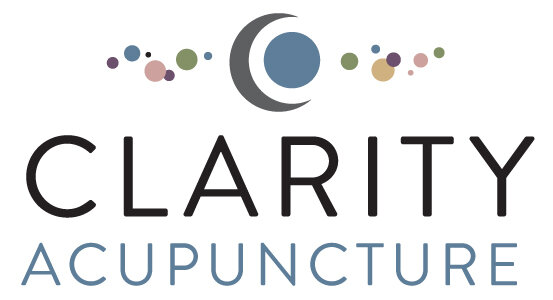Food as Therapy
Acupuncture treatments are about finding balance, and one of the tools that we have is nutritional therapy. Sometimes adding one or two things to your diet can make a big difference in how you feel. Acupuncturists are trained to identify the right foods to help nourish you and harmonize your systems from the inside.
What does it mean to eat seasonally?
Eating seasonally means consuming what is available locally throughout the year, and preparing the foods in a way that makes sense for the season. Mother Nature supplies what we need, when we need it, and our food preparation methods can give us even more of a boost. As the weather gets colder, we have an abundance of root vegetables, potatoes, sweet potatoes and yams available to us. These foods are just begging to be roasted—which will transfer deep warming into the foods, and ultimately into our bodies. Soups and stews are also a fantastic choice in colder weather. Because the ingredients are thoroughly cooked in liquid, the body can digest them more easily—saving the body’s energy for warming us up, rather than breaking foods down.
Foods themselves have innate temperatures, too. You may need to add warming foods to your diet, such as beef, duck, garlic, ginger and garbanzo beans during fall and winter. On the other hand, cooling foods like watermelon are a great choice on hot summer days.
How do we use nutritional therapy?
With nutritional therapy, we look at foods in terms of their properties. We group them into flavors, including sweet, sour, bitter, pungent and spicy—and use those flavors to support you therapeutically.
We also look at your own individual Yin/Yang balance. Foods like sweet potato, avocado and pork can help to nourish Yin; Yang can be supported with walnuts, fennel and trout. These are just a few examples. The good news is, your acupuncturists can work with you to find foods, herbs and spices that you like, so the adjustments in your diet aren’t overwhelming. The key is patience and persistence. Building Yin or Yang takes time, but supporting yourself with the right nutrition can help to bring you into balance and help you move towards better health.
Questions? Reach out, and don’t be afraid to ask during your next appointment!
